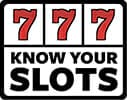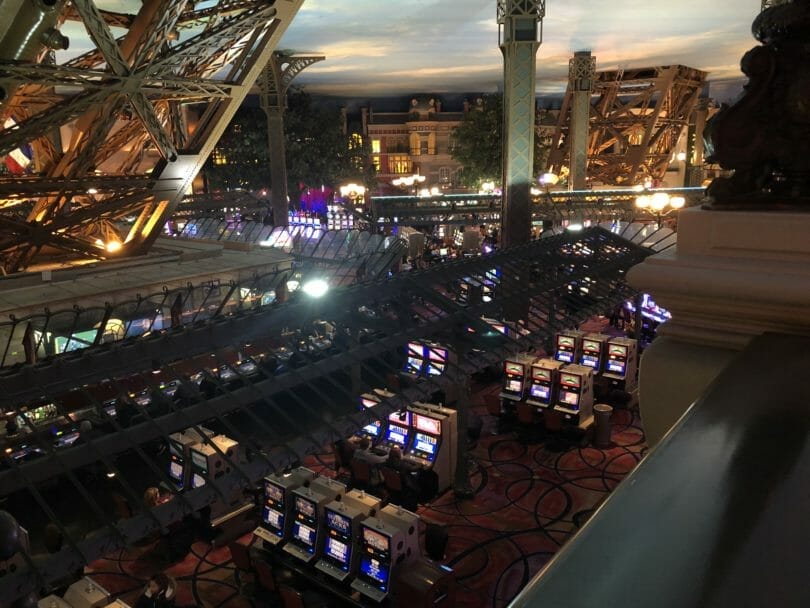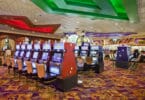Here’s another assertion I found posted on an internal slot group recently: If a slot machine pays out big, or a number of sizable hits in quick succession, it will slow down payouts in order to return to its overall average payback.
STATUS: Not true at all.
When I see suggestions like this, I sometimes wonder if the math behind slot machines is simply too difficult for some people to wrap their heads around, and so this “simpler” answer is somehow easier to believe.
But the reality is that slots, with their pseudo-random nature, don’t need to “raise” or “lower” pays to reach the average. There are a set amount of winning and losing combinations possible on a given game, and the random number generator just selects one of those combinations.
Random doesn’t mean you have an equal chance of a handpay or a losing spin; clearly handpays are infrequent, and losing spins will happen regularly enough that you’ll see some every time you sit down. But that’s because there’s a lot more losing combinations built into the game than handpay-achieving combinations. But the chance of any individual combination being selected is the same; there’s just more of one built into a game than another.
The reason that a house edge can exist at all on a game’s design is that the amount available from the winning outcomes is offset, and then some, by the losing ones.
And so, with the expectation that over time the randomness smooths out and will hit all the combinations at a roughly equal amount, the house edge that was built in to the game’s design will be achieved over time. As such, a game doesn’t have to turn its pays up or down to achieve an outcome. The stack of combinations developed will take care of that just fine.
So it really is true that if a game just paid out big, it doesn’t mean it can’t pay out big again. The odds are exactly the same as they were before – it’s probably not easy to do, but it’s certainly not impossible.





